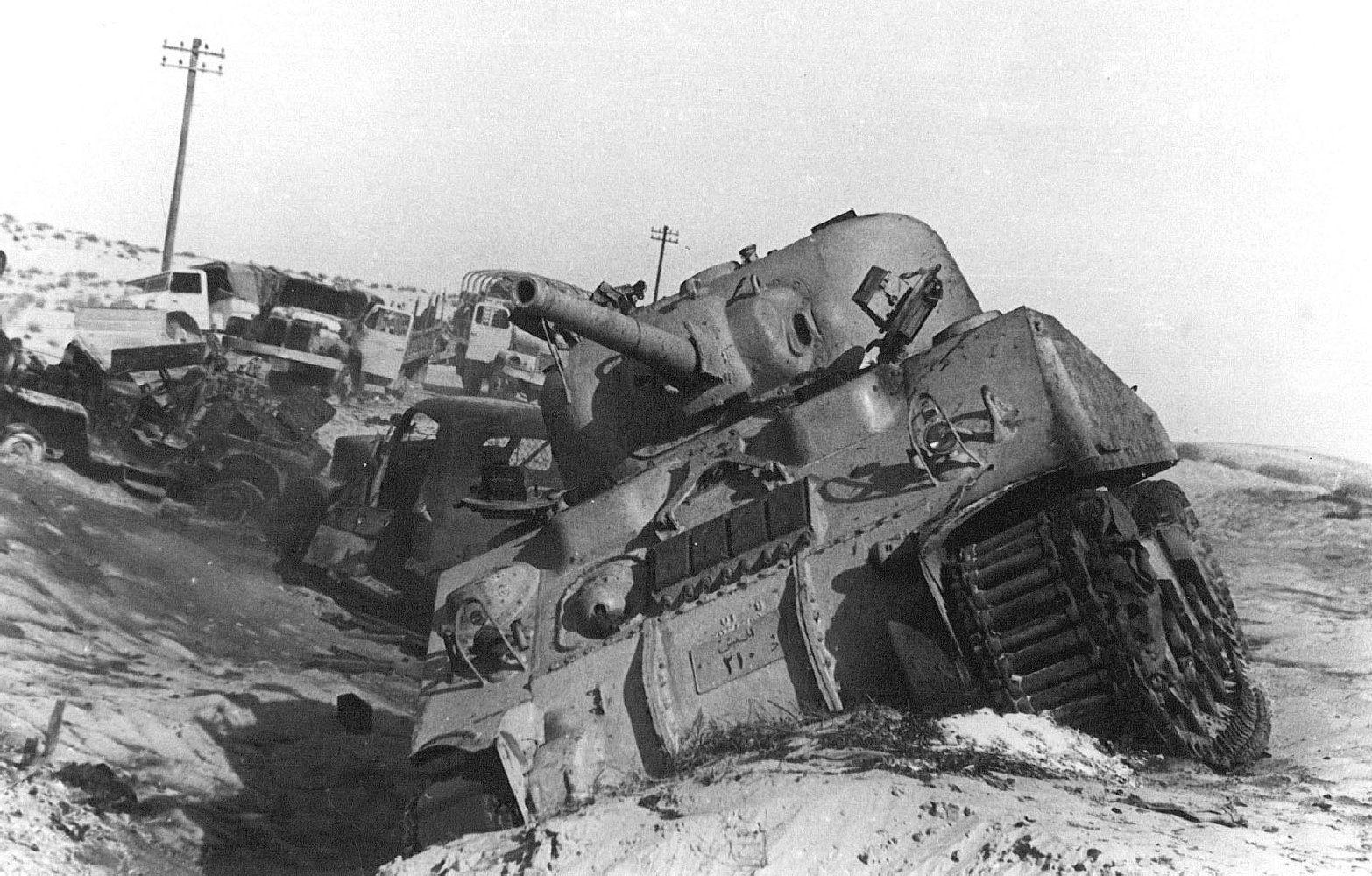Suez Crisis Facts For Kids
The Suez Crisis was a political and military conflict in 1956 centered on the nationalization of the Suez Canal by Egypt, involving a tripartite invasion by Israel, Britain, and France, which ultimately triggered significant international diplomatic responses and reshaped colonial power dynamics in the region.


Set reading age
View for Kids
Easy to read and understand
View for Students
Clear, detailed explanations
View for Scholars
Deep dives and big ideas
Introduction
The Suez Crisis happened in 1956 when Egypt, a country in North Africa, took control of the Suez Canal. 🚢This important waterway connects the Mediterranean Sea to the Red Sea, letting ships travel faster between Europe and Asia. The crisis began when Egyptian President Gamal Abdel Nasser announced he would nationalize (take control of) the canal. Many countries, including Britain, France, and Israel, were unhappy because they relied on the canal for trade. The event led to a conflict that saw military action and international debates about ownership and control over important waterways. 🌍
Gallery of Suez Crisis Facts For Kids
International Reactions
The world reacted strongly to the Suez Crisis. 🌎The United States, led by President Dwight D. Eisenhower, opposed the invasion and warned Britain and France to pull back their troops. The Soviet Union, another major power, sided with Egypt and condemned the actions of the Western nations. The United Nations also got involved, calling for a ceasefire to stop the fighting. 🚫Many countries believed that the crisis could lead to bigger conflicts, so they pushed for peace and cooperation to ensure better relations in the future.
Role Of National Leaders
Several important leaders played key roles in the Suez Crisis. Gamal Abdel Nasser was the President of Egypt, who aimed to modernize his country and assert independence from colonial powers. 🇪🇬 British Prime Minister Anthony Eden wanted to maintain control of the canal, while French Prime Minister Guy Mollet supported the invasion. Israeli Prime Minister David Ben-Gurion sought security for Israel against Arab neighbors. 🌍These leaders made significant decisions that shaped the course of the crisis and affected their countries' relationships with each other.
Causes Of The Suez Crisis
Several causes led to the Suez Crisis. First, Egypt wanted to control the Suez Canal to earn money for a project called the Aswan High Dam, which would help provide electricity and irrigation. ⚡Second, Britain and France were worried about losing control over the canal, as many ships used it to transport oil and goods. 🛢️ Third, tensions grew between Middle Eastern countries and Western powers during the Cold War—a time when the world was divided between communism and democracy. These causes combined pushed Egypt and other countries into a major conflict over the Suez Canal.
Impact On The Middle East
The Suez Crisis changed the Middle East in many ways. It increased Egypt's standing among Arab nations and inspired movements for independence across the region. 🌈Countries like Iraq, Syria, and Jordan looked to Nasser as a leader. Additionally, the crisis heightened tensions between Israel and its neighbors, leading to future conflicts. The crisis also showcased the importance of oil in international politics, which continued to influence the region for decades. Overall, the crisis had a lasting impact on how nations in the Middle East approached their relationships and territorial disputes.
Consequences Of The Crisis
The Suez Crisis had several important consequences. First, Egypt successfully maintained control of the Suez Canal, marking a turning point in its national pride and independence! 🥳Second, the crisis showed that colonial powers like Britain and France were losing influence in the Middle East. 🌟Lastly, the United States and the Soviet Union emerged as the dominant global superpowers. The United Nations also gained a stronger role in managing international conflicts, which shaped how countries interacted in future conflicts around the world.
Key Events During The Crisis
The Suez Crisis unfolded with several important events. In July 1956, President Nasser announced he would nationalize the Suez Canal. 😲Shortly after, Britain, France, and Israel formed a secret plan to invade Egypt and take back control of the canal. On October 29, 1956, they launched a military attack. After fighting and political pressure from the United States and the Soviet Union, invading forces withdrew by December 1956. 🕊️ The canal was eventually returned to Egyptian control, which signified a huge victory for Nasser and Egypt.
Related Conflicts And Events
The Suez Crisis is connected to several other conflicts and events in history. One major event is the Six-Day War in 1967, where Israel fought against Egypt and neighboring countries. ⚔️ The conflict over the canal also ties into broader issues of colonialism and decolonization in Africa and Asia. Issues surrounding oil and trade became more apparent during events like the Gulf War in 1990 and the Arab Spring that began in 2010. 🕊️ Understanding the Suez Crisis helps us learn about these related events and their significance in shaping the modern world!
Legacy And Historical Significance
The Suez Crisis is historically significant for many reasons. 🏆It marked a shift in global power dynamics, showing that former colonial powers like Britain and France could no longer impose their will. The crisis highlighted the importance of countries like Egypt and their newfound autonomy. 🌍Moreover, it demonstrated how international organizations, such as the United Nations, could step in to help resolve conflicts. Today, the Suez Canal remains a vital shipping route, reminding us of the crisis's influence on trade and international relations.
Suez Crisis Facts For Kids Quiz


Make things. Learn new skills. Share safely.
DIY is a creative community where kids draw, build, explore ideas, and share.
No credit card required